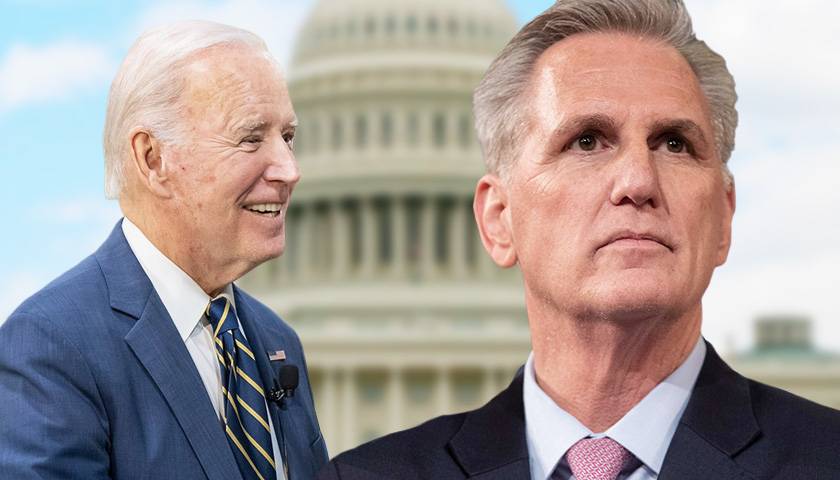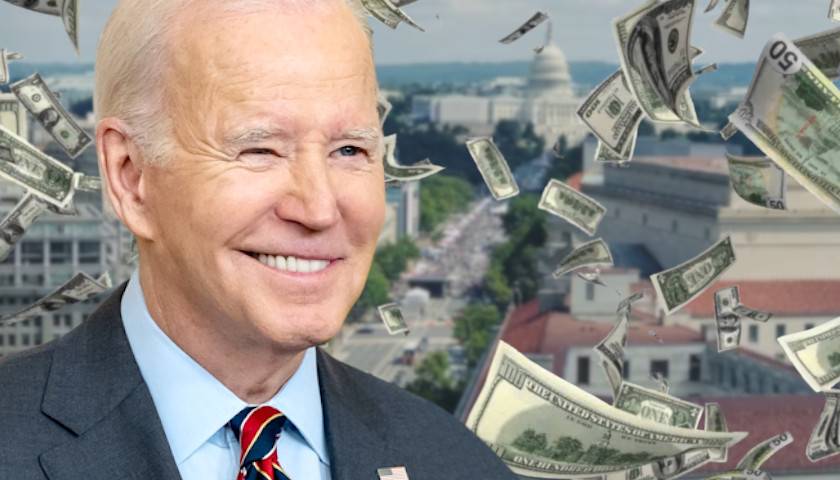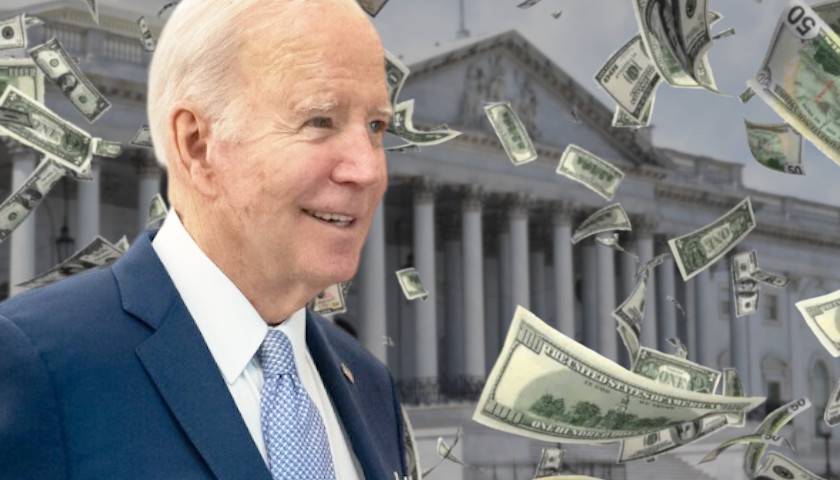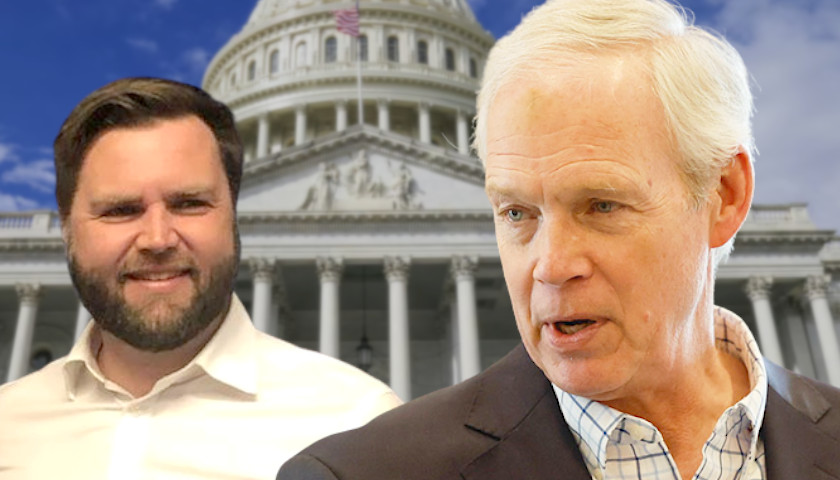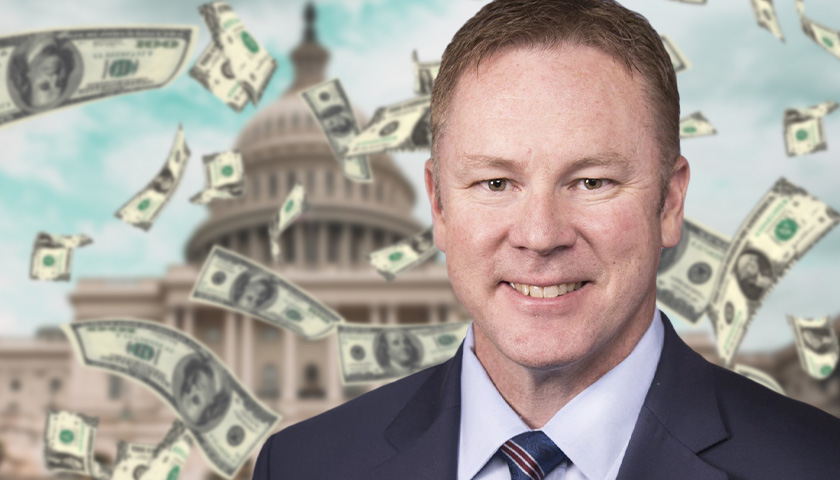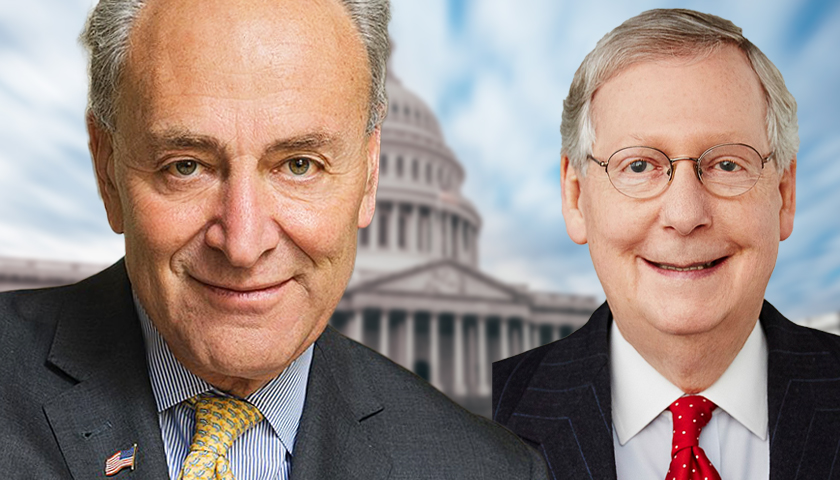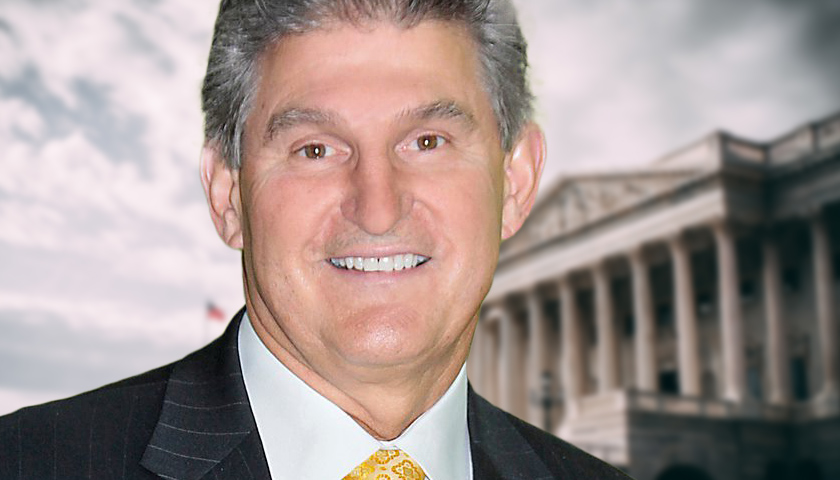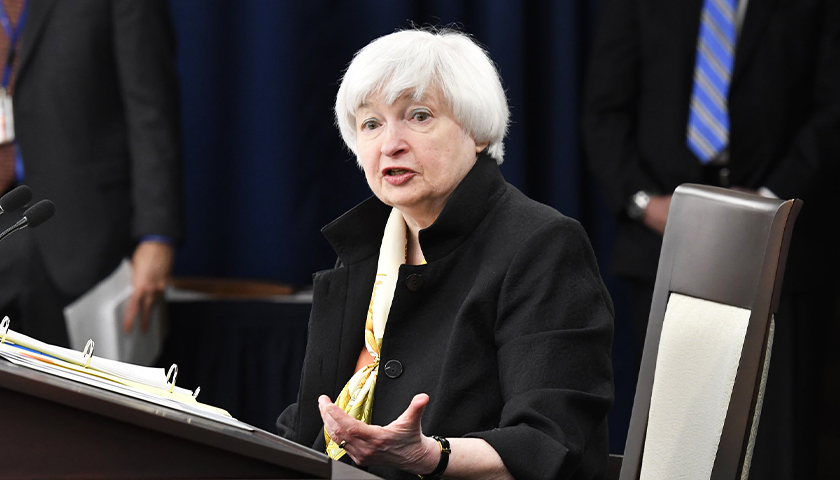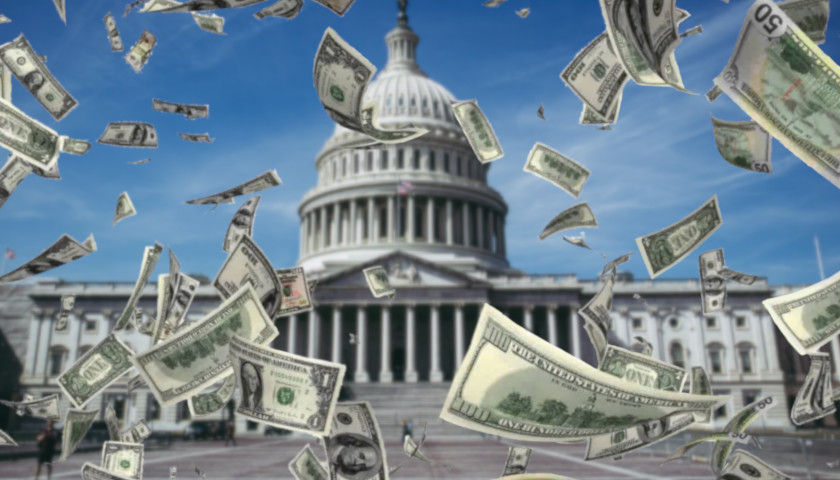President Joe Biden and House Speaker Kevin McCarthy spent weeks of negotiating to authorize $4 trillion in new deficit spending over the next two years. This means that our national debt will be $35 trillion in 2025. The interest cost will be up to $1.4 trillion annually, only a small amount less than the current cost of national defense and Social Security combined. This staggering debt undermines the future prosperity of every American.
Federal spending contributes to a sense of entitlement, including for every person receiving federal largesse. Think of the adverse impact of federal student loans. President Barack Obama promised that government-granted student college loans would be more efficient, but these loans have, in fact, ballooned the cost of college. Concurrently, colleges have reduced quality outcomes and propagandized students, undermining our society because many students are hopelessly in debt. Now, progressives in Congress want to terminate the provision requiring repayment of student loans. For many of our young workforce, the burden of high student loans precludes marriage and buying a house.
Read More
